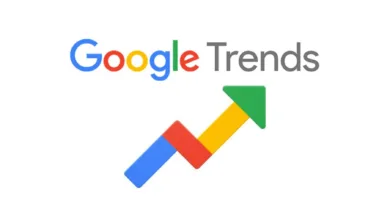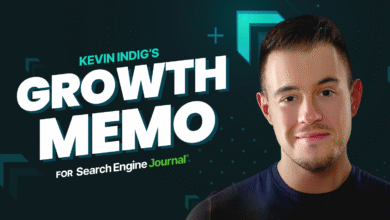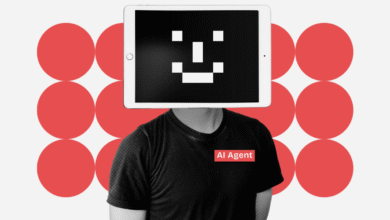Master Human-Centered SEO & Outperform AI Challenges

▼ Summary
– Agentic AI may automate SEO tools, but human-centered SEO remains critical as user behavior is Google’s top ranking factor.
– Artful SEO focuses on human signals (e.g., links, interactions) rather than just machine-led tactics like keyword optimization.
– Successful content strategies prioritize unique, human-centered innovations (e.g., Zappos’ return policy) over copying competitors.
– Google’s ranking algorithms, including PageRank, have always relied on human behavior signals like trust and user feedback.
– AI can assist SEO execution, but human intuition—identifying pain points, brand differentiation—is irreplaceable for long-term success.
Understanding human behavior is the cornerstone of effective SEO, not just algorithms and data. While AI continues to reshape digital marketing, the most successful strategies still revolve around how real people interact with content. Search engines prioritize websites that genuinely engage users, making a human-centered approach indispensable for long-term success.
Beyond Machine-Led SEO: The Power of Human Signals
Many marketers treat SEO as a checklist, keywords, backlinks, and technical fixes, assuming search engines operate purely as mathematical systems. But ranking factors like links and engagement metrics stem from human decisions, not just algorithmic calculations. The difference between average and exceptional SEO lies in recognizing these nuances.
For example, a competitor’s sudden ranking boost might appear tied to high-profile backlinks. However, the real reason could be something less obvious, like resolving server errors that previously hindered Google’s crawlability. Data provides clues, but interpreting the “why” behind rankings requires human insight, something AI can’t replicate.
Strategic Content That Stands Out
A common mistake in content strategy is mimicking competitors under the assumption that Google rewards formulaic optimization. Yet history shows that true breakthroughs come from innovation, not imitation. Take Zappos, they didn’t dominate shoe sales by tweaking keywords or improving page speed. Instead, they revolutionized e-commerce with a customer-first return policy, proving that user experience often outweighs technical SEO.
No keyword research tool can predict how audiences will respond to a bold new policy or unique content angle. Human-centered strategies, like addressing unmet needs or refining brand messaging, create organic engagement, which search engines recognize and reward.
How Google’s Algorithms Reflect Human Behavior
Contrary to popular belief, Google’s ranking systems have always prioritized user signals. PageRank, introduced in 1998, wasn’t just about counting links, it modeled how people navigate the web, treating links as endorsements from real users. Google’s early patents and statements confirm this focus:
- Navboost, a later refinement, used click-through rates and dwell time to assess content quality.Danny Sullivan, Google’s Search Liaison, has repeatedly emphasized that helpful, people-first content aligns with ranking signals. In a crowded digital space, brands that stand out—whether through expertise, unique offerings, or audience trust—gain visibility not by chasing algorithms but by resonating with users.
Why AI Can’t Replace Human Insight
Automated tools excel at crunching data, but they lack the intuition to spot emerging trends or emotional pain points. AI can’t attend industry events, gauge customer sentiment, or devise creative solutions like a human marketer can. The most effective SEO strategies blend AI efficiency with human judgment, letting tools handle execution while strategists focus on differentiation and audience connection.
Jeff Coyle, SVP of Strategy at Siteimprove, highlights this balance: “Enterprise content must resonate with both humans and ranking algorithms. Success comes from crafting authentic narratives, identifying competitive gaps, and measuring real impact, tasks that demand human oversight.”
The Future of SEO: Art Meets Science
Technical SEO will increasingly be automated, but the strategic, human-driven aspects remain irreplaceable. Brands that thrive will be those that:
- Solve real problems rather than chase keyword trends.
- Build trust and recognition through unique value propositions.
- Leverage AI as an assistant, not a decision-maker.
In the end, SEO isn’t about outsmarting algorithms, it’s about understanding people. The marketers who embrace this mindset will outperform those relying solely on data-driven automation.
(Source: Search Engine Journal)





